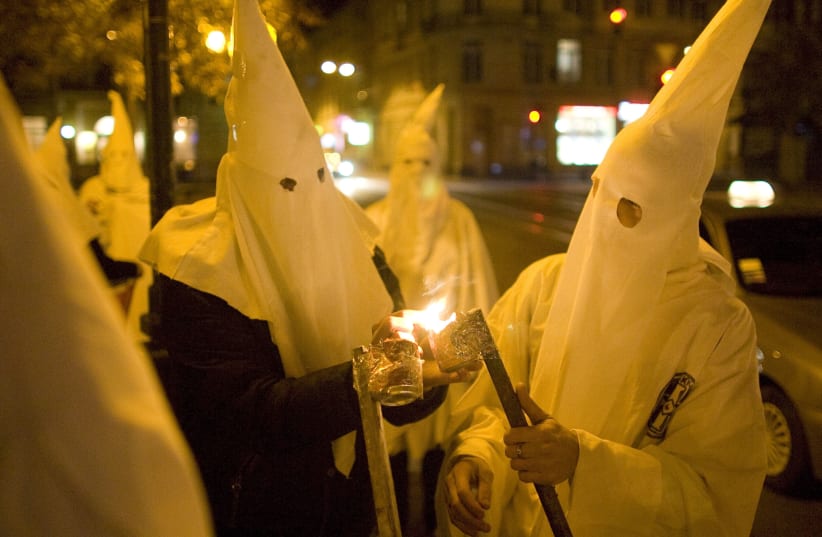Report 2017: Ukraine had more antisemitic cases than all former USSR countries combined
Russian President Vladimir Putin cited alleged antisemitism in justifying the invasion into Crimea, which he said was to protect ethnic minorities there during revolution.
